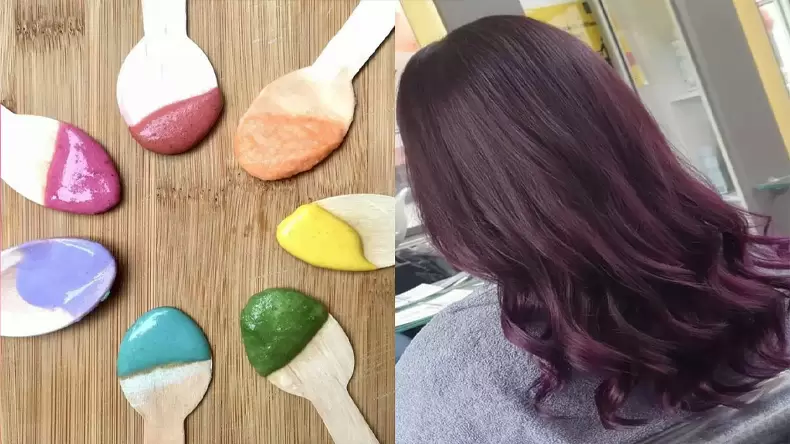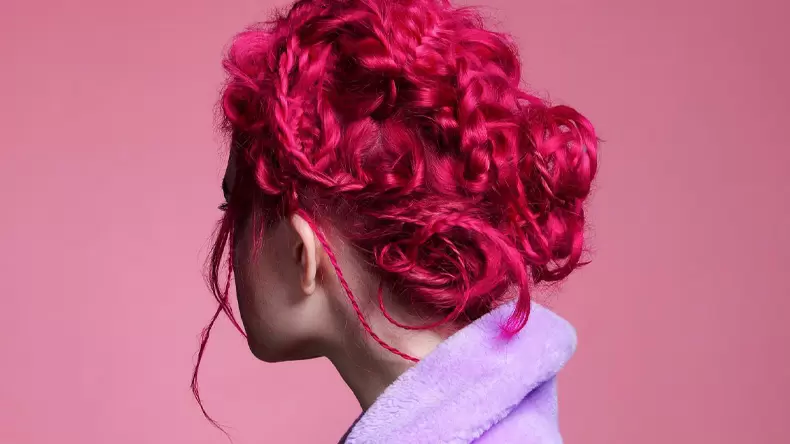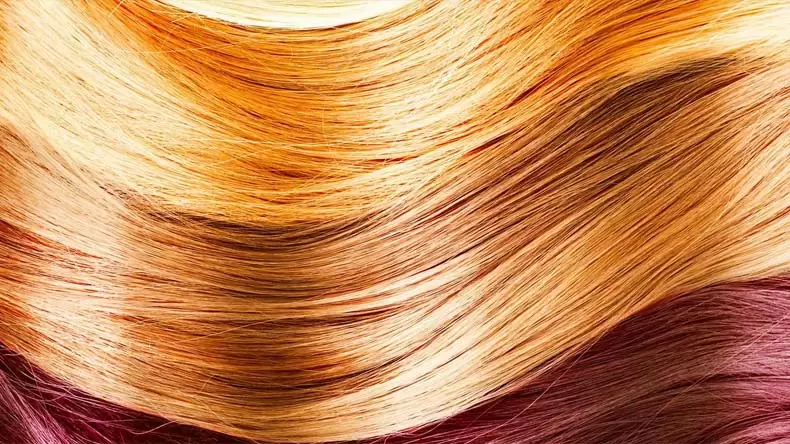Who Are You in Chiikawa Today? Quiz
Are you ready to switch up your look and add some excitement to your life?This what color should i dye my hair quiz will help you discover the perfect hair color that will suit your personality and style.
Whether you're looking for a subtle change or a bold new style, this what colour should i dye my hair quiz will help you discover the perfect hair color for you. Let's get started and find out which color will make you feel fabulous and confident! 
Hair Dyeing: A Colorful History and a Guide to Choosing the Right Shade
Color dyeing hair has been a popular practice for centuries, with evidence of its use dating back to ancient civilizations. The process of changing the color of one's hair has evolved over time, with new techniques and products constantly being developed to meet the demands of consumers. This essay will explore the history of hair dyeing, the different types of hair dye available, and the potential risks and benefits associated with coloring one's hair.
The history of hair dyeing can be traced back to ancient Egypt, where henna was used to change the color of hair. Over time, other natural substances such as indigo, turmeric, and walnut shells were also used to create different shades. In the 19th century, synthetic dyes were developed, leading to a revolution in the hair coloring industry. Today, there are countless options available for those looking to change their hair color, from temporary dyes to permanent color treatments.
There are several different types of hair dye on the market, each with its own unique properties and application methods. Temporary dyes are a popular choice for those looking to experiment with different colors without making a long-term commitment. These dyes typically wash out after a few shampoos, making them a fun and low-risk option for changing one's look. Semi-permanent dyes last longer than temporary dyes but still fade over time, while permanent dyes provide a more lasting color change.
In recent years, there has been a growing trend towards natural and organic hair dyes, as consumers become more conscious of the potential risks associated with traditional hair coloring products. These natural dyes are made from plant-based ingredients and are free from harsh chemicals, making them a safer option for those with sensitive skin or allergies.
While the ability to change one's hair color can be an exciting and empowering experience, it is important to consider the potential risks associated with hair dyeing. Some common side effects of hair dye include skin irritation, allergic reactions, and damage to the hair shaft. Additionally, frequent use of hair dye can lead to hair breakage and dryness, as well as potential long-term damage to the scalp and hair follicles.
Despite these potential risks, many people continue to color their hair for a variety of reasons. Whether it's to cover up gray hairs, express their individuality, or simply for a change of pace, hair dyeing has become an integral part of many people's beauty routines. With the wide range of options available, it's important for consumers to educate themselves on the potential risks and benefits of hair dyeing before making a decision.
In conclusion, the practice of hair dyeing has a long and rich history, with new innovations constantly being developed to meet the demands of consumers. With a wide range of options available, it's important for individuals to carefully consider the potential risks and benefits of hair dyeing before making a decision. Whether it's a temporary change or a more permanent transformation, the ability to change one's hair color is a powerful form of self-expression and creativity. 
Get ready to have some fun and discover the perfect shade for your next hair transformation! Let's dive in and find out what color you should dye your hair!





























